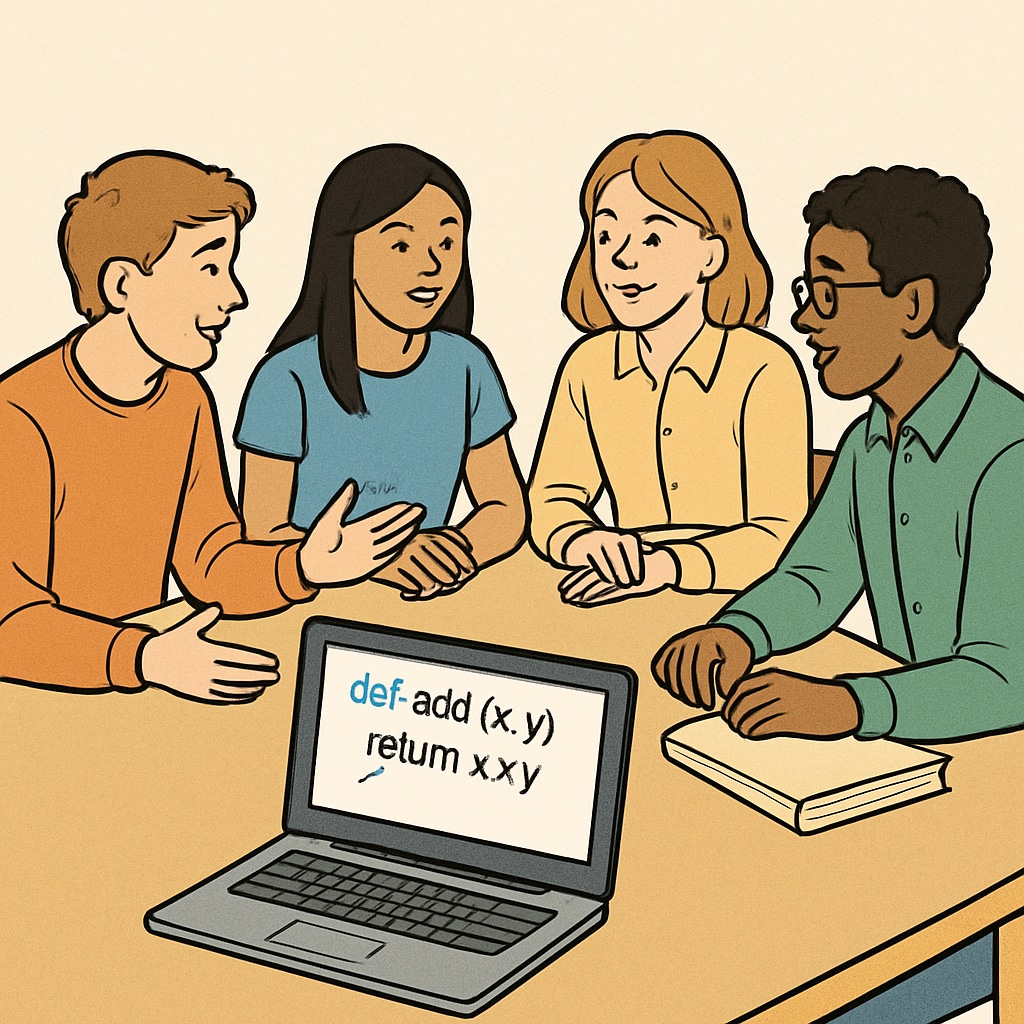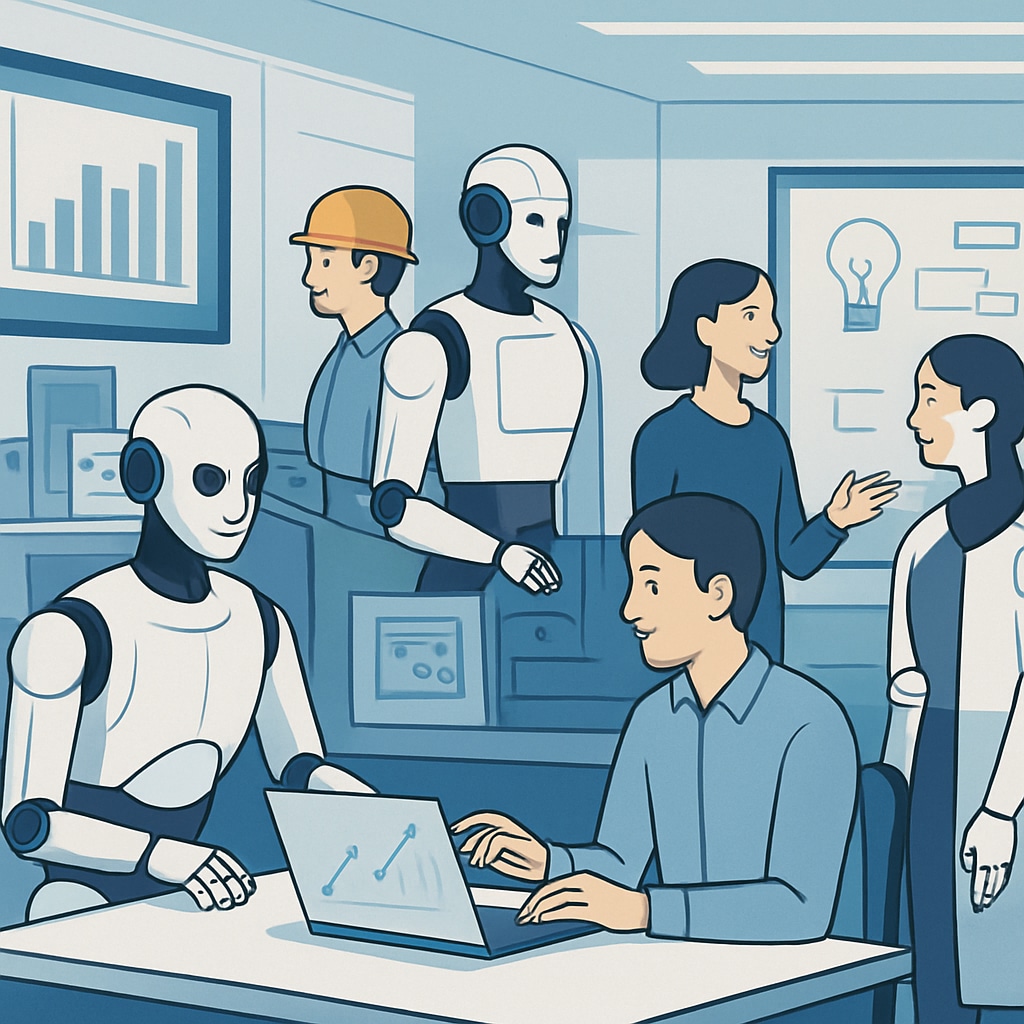In the dynamic era of artificial intelligence (AI), students face an increasingly complex dilemma when it comes to career choices. The lines between roles like programmers and engineers are often blurred, adding to the confusion. Moreover, the rapid evolution of AI leads to uncertainty about which careers will remain relevant in the future. This article explores the key differences between programmers and engineers, the impact of AI on career planning, and provides actionable advice to help students find their path in this ever-changing landscape.
Understanding the Difference Between Programmers and Engineers
One of the first challenges students encounter is distinguishing between the roles of programmers and engineers. While both professions involve working with technology, their focus and skill sets vary significantly:
- Programmers: Typically specialize in coding and software development. They write and debug code to create applications, websites, or software systems. Their work is more focused on the implementation of specific tasks.
- Engineers: Have a broader scope, often designing systems or platforms. Engineers focus on problem-solving, system architecture, and ensuring that the technical infrastructure aligns with larger organizational goals.
For students, it’s important to assess their interests and skills to determine whether they are more inclined toward detailed coding or system-level thinking. This first step can provide clarity in narrowing down career options.

The Impact of Artificial Intelligence on Career Planning
Artificial intelligence is revolutionizing industries across the globe, from healthcare to transportation. As a result, traditional job roles are transforming, and entirely new professions are emerging. While some fear that AI will replace jobs, experts suggest that it will create opportunities for those skilled in AI-related fields. According to a Britannica article on Artificial Intelligence, AI is expected to drive innovation and productivity, requiring human expertise in areas like data analysis, machine learning algorithms, and ethical AI implementation.
Students must consider how AI will shape their chosen industry. For example:
- In software development, AI tools like GitHub Copilot are automating routine coding tasks, allowing programmers to focus on creative problem-solving.
- Engineering roles are increasingly incorporating AI for predictive maintenance, design optimization, and resource management.
To remain competitive, students should focus on acquiring skills that complement AI technology rather than competing with it.

Practical Advice for Students in the AI Era
Given the uncertainties of the future, students need a proactive approach to career planning. Here are some tips to help navigate the AI-driven job market:
- Embrace Lifelong Learning: Technology evolves rapidly, and staying updated is crucial. Platforms like Coursera and edX offer affordable courses in AI, programming, and engineering.
- Focus on Transferable Skills: Skills like critical thinking, communication, and teamwork will remain valuable, regardless of industry changes.
- Experiment Early: Internships, hackathons, and school projects allow students to explore potential career paths before committing.
- Stay Informed: Follow industry trends through trusted sources like Wikipedia’s AI page, ensuring your career decisions align with evolving demands.
By taking these steps, students can better position themselves for success in the AI era while reducing the stress of career uncertainty.
In Conclusion: The rise of artificial intelligence presents both challenges and opportunities for students deciding their careers. By understanding the distinction between roles like programmer and engineer, exploring how AI impacts various industries, and adopting practical strategies for future-proofing their skills, students can confidently navigate the digital age and find fulfilling career paths. Staying adaptable and informed will be key to thriving in this rapidly evolving landscape.


